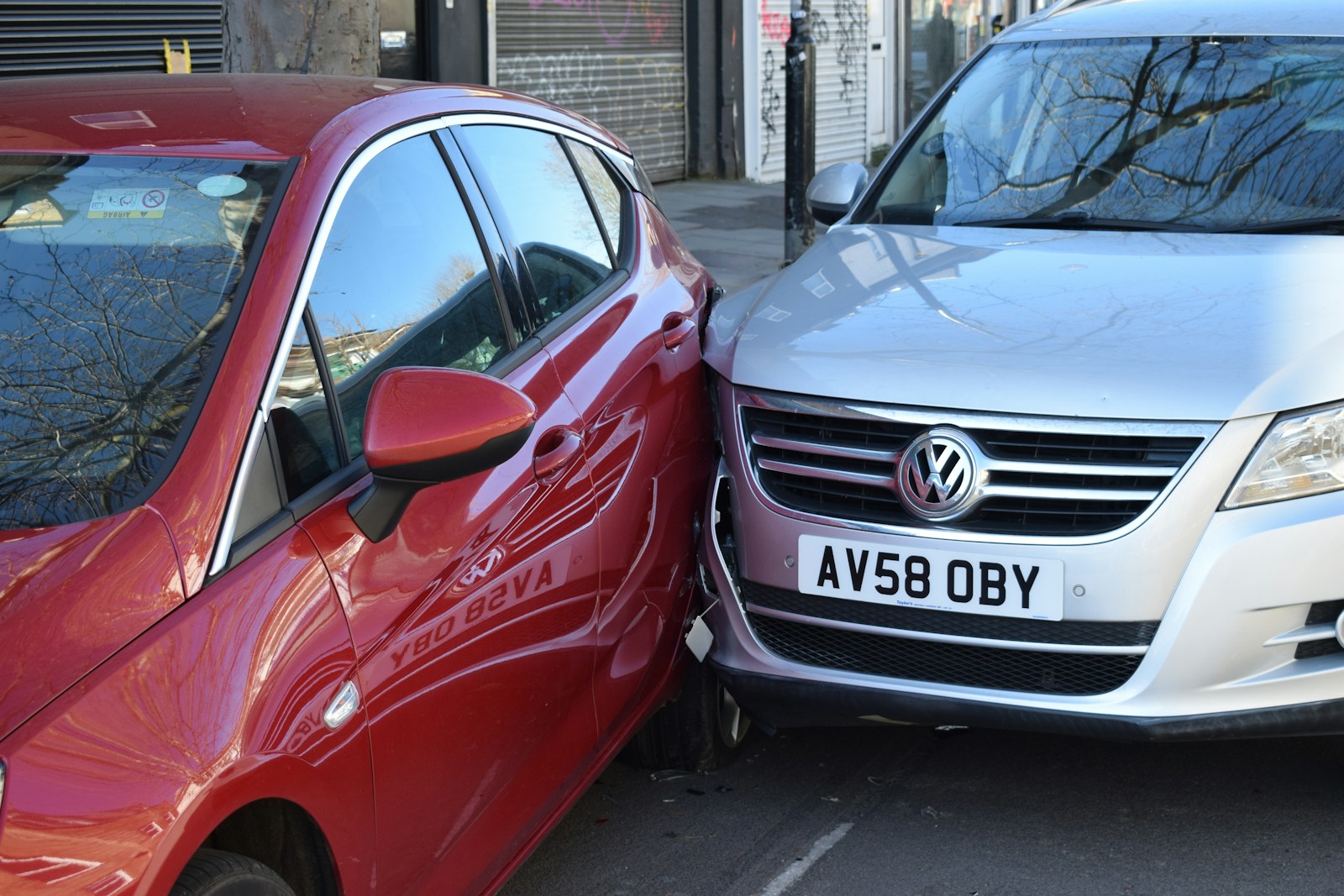
Collision vs. Comprehensive Coverage
Auto insurance is an essential investment for any vehicle owners and motorists. Regardless of whether you’re insuring cars, trucks, vans or other automobiles, including for personal or commercial use, these policies are often required by law and may entail critical financial protection in the wake of various vehicle-related losses. However, auto insurance policies can also be complicated and include many components. Understanding your options, including collision and comprehensive coverages, is essential.
What is Collision Coverage?
As its name suggests, this part of an auto insurance policy can help address losses and expenses arising from crashes. Consider the following situations in which you might receive a payout to help with such costs:
- If your vehicle is struck by other motorists or you cause a crash, re may be covered, repair or replacement costs may be covered, regardless of who was at fault for the accident.
- If you own a business and an employee loses control of a vehicle and strikes a building, guardrail or fence, your coverage may assist with resulting damages.
What is Comprehensive Coverage?
While collision coverage can address losses and expenses arising from crashes with other vehicles and stationary objects, comprehensive coverage may assist with damage caused by other incidents. Consider the following examples:
- If your vehicle is damaged in a fire, whether caused by your employees or other parties, repair or replacement costs may be covered.
- Criminals, such as thieves and vandals, may target vehicles. Comprehensive coverage can help account for such losses.
- Severe weather and natural disasters, such as hail and floods, may cause devastating damage for which comprehensive coverage can account.
Are These Policies Required?
Most states require auto insurance policies that include liability coverage, but collision and comprehensive coverages are typically not mandated. Still, other obligations may apply. For example, you may be subject to such requirements if you’ve leased or financed vehicles. Even in the absence of formal mandates, these aspects of auto insurance can play critical roles in establishing appropriate financial security for your personal or commercial fiscal interests.
We’re Here to Help
Contact Atlas Insurance Group Services in Dallas, Texas, today to learn more about collision and comprehensive coverages, as well as other aspects of auto policies.
This blog is intended for informational and educational use only. It is not exhaustive and should not be construed as legal advice. Please contact your insurance professional for further information.
Categories: Auto Insurance, Blog
